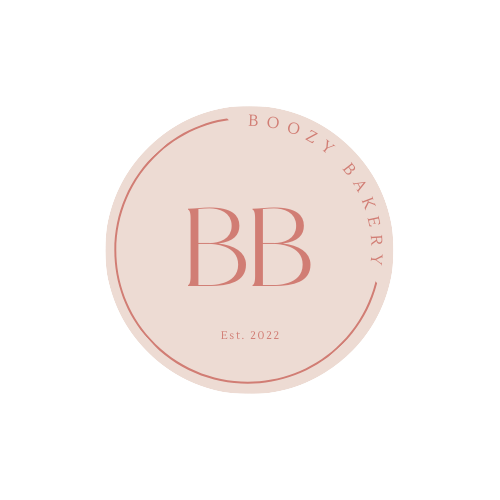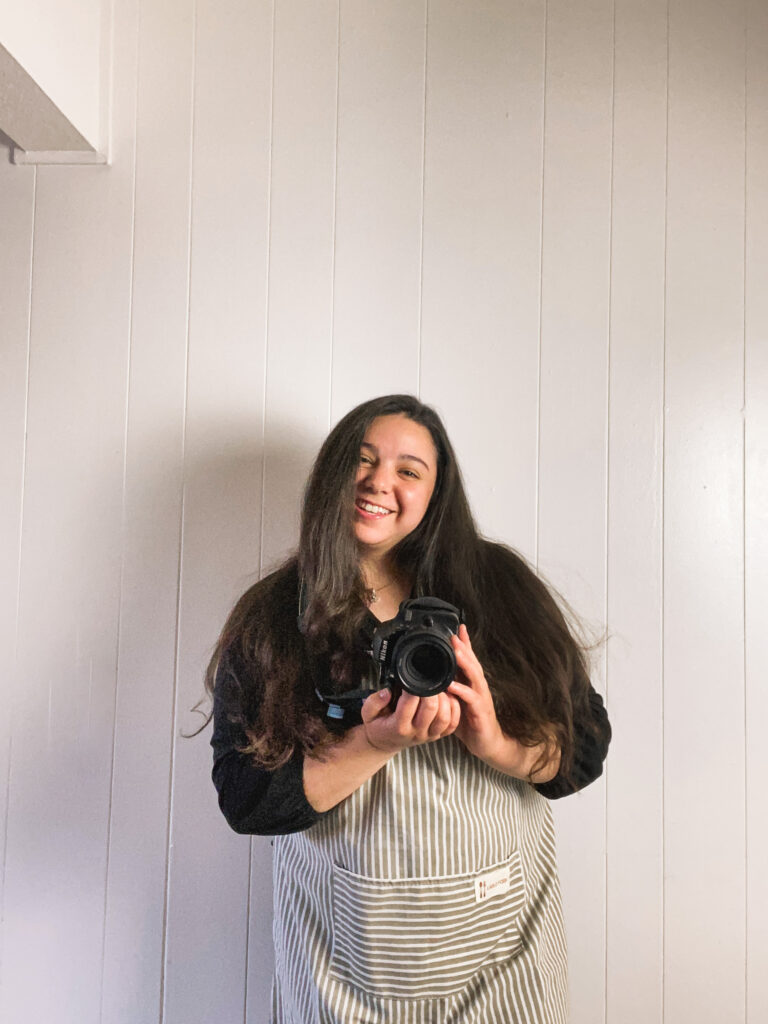*This post contains amazon affiliate links. This means that if you choose to purchase from the links below, I will receive a small commission. Thanks for your support! 🙂
I don’t know about you, but when I was a beginner bread maker, the thought of making bread was so overwhelming. You have to learn all about yeast, different flours, hydration ratios, and a hundred other things. Bread making is a lot to take in. So, I thought I would write this post about the best bread books for beginners to help you out. 🙂 These three books taught me everything I know about bread! We’re going to go over the pros and cons of each book so you can get a full idea of what each of these bread books are about.
#1 The Bread Bible by Rose Levy Beranbaum
If you’ve seen any of my scone recipes or my review of the best cake baking books for beginners, you’ll know that I borderline worship Rose Levy Beranbaum. She is a biochemist that knows everything you could possibly know about baking. Her book The Bread Bible taught me so much more than any other book. I cannot recommend this book enough!
This book is perfect for those who:
-Want to understand the science of bread baking
-Are serious about expanding their bread baking skills
-Don’t mind spending a lot of time on their bakes
Pros
-This is the most thorough book you will ever find on bread baking. Not only does Beranbaum give you a ton of tasty recipes, she also walks through the ingredients of each recipe and writes about what role they play in creating the perfect bread. This book covers a wide variety of breads from your average sandwich bread, to more creative flavor combinations, to sourdough.
-This book equips you to learn how to develop your own bread recipes. That might sound scary if you’re still a beginner, but you’ll get there eventually! When you do, The Bread Bible will be your best friend. This book walks you through how to adjust any recipe to get different results as well as the base ratios for particular breads.
Cons
-These recipes are time consuming. This is always a pro and con for me. Beranbaum is very meticulous with her recipes and a lot of them require a bit of prep work and wait time. Of course, the recipes are always well worth it, but not everyone is that devoted to getting the perfect bake.
-This book lacks images. The Bread Bible does have a few illustrations and images, but it’s definitely a lot more words than pictures. This is a bummer, in my opinion, because you aren’t really sure what you’re getting into by just reading the recipe. It’s also not ideal if you’re a visual learner. However, the recipes are still very thorough and well-written. I have never had any issues making recipes from here.
#2 How to Bake by Paul Hollywood
If you’ve ever watched the Great British Baking Show, you probably know that Paul Hollywood is the King of Breads. Let me tell you this book definitely confirmed that. How to Bake is packed with delicious, creative recipes and helpful tips for beginners!
This book is perfect for those who:
-Want beginner-friendly step by step instructions on bread making
-Have an interest in making sourdough
-Love adventurous flavors
-Want to bake more than just bread
Pros
–How to Bake is packed with beautiful pictures and step-by-step process shots so that you can visualize the full bread making process. This book is the most ideal out of all three for visual learners.
-Hollywood teaches you several different bread making techniques that will carry throughout most bakes. You will learn different shaping techniques, how to knead properly, proofing methods, what tools to use, and even his secret to the perfect sourdough starter.
Cons
-Some ingredients may be hard to find in your country. Here in the US, I’ve been unable to find certain ingredients in this book. Some can be ordered online, but it’s up to you if you want to go to those lengths.
-This book is very sourdough heavy. This may be a pro and a con. If you’re particularly interested in sourdough, then this book is a great place to start! However, sourdough is quite the challenge for a beginner. There are plenty of other non sourdough recipes you can make, but just be aware that a good chunk of it is sourdough.
#3 Bernard Clayton’s New Complete Book of Breads
This book has over 200 bread recipes ranging from beginner loaves such as “the first loaf” to advanced breads like potato sourdough. You will never run out of breads to make with this book!! The whole book is well organized and has something for everyone.
This book is perfect for those who:
-Want to learn to make a variety of different breads
-Plan to cook traditional breads for the holidays
-Enjoy fun flavor combinations
-Know absolutely nothing about bread making
Pros
-Clayton’s Complete Book of Breads has such fun flavors and endless recipe options. Some of the most creative breads I’ve found have been from this book. From orange whole wheat bread to lemon sourdough, to peanut butter beer bread (yes you read that right), this book is perfect for the adventurous baker!
-This book teaches you the very basics. While this could be a pro and a con, I’ll list it under pros. If you’re brand new to baking, this book will teach you the minimum of what you need to know to make your first 20 loaves or so. This book covers basic kneading, proofing, equipment, and shaping. However, it doesn’t go into as much detail as the other two. But again, it will teach you what you need to know as a beginner.
Cons
-This is another one of those great, but slightly outdated bread baking books. There are little to no pictures or illustrations to learn from in there. If you are a visual learner, this book may not be well-suited for you. You can, of course, find videos of most techniques on Youtube. However, if you’re looking for an all-in-one resource for baking as a visual learner, I would recommend one of the other two books instead.
-All recipes are converted for the imperial measurement system (cups, tablespoons, etc.). If you’ve read my post on How to Measure Flour For Baking, you know that I’m a huge advocate for weighing your ingredients. Measuring cups can be highly inaccurate. While this may be okay for basic bakes like cookies or bars, you absolutely need to weigh your ingredients for bread. If not, you’ll end up going back and forth between adding more water or flour until you get the right texture. If you’re up for the challenge you can definitely convert each recipe to weights. Or, you may have to mess around with the recipes a little until you get the perfect ratios.





